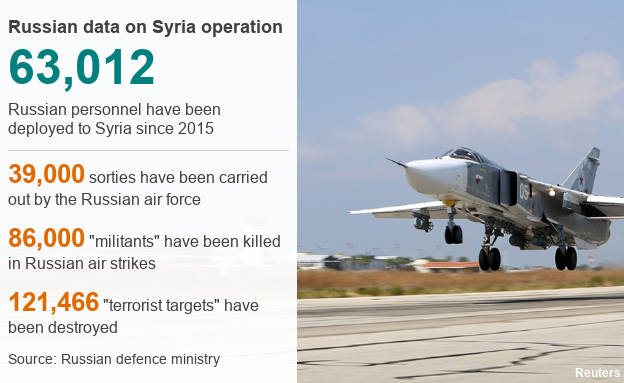Parliament is melting. Here's why and what happens next
http://www.abc.net.au/news/2018-08-22/parliament-leadership-crisis-explained/10151160
At a press conference on Wednesday afternoon he announced the policy of corporate tax cuts for businesses with turnover greater than $50 million — regarded as unpopular by some Liberal MPs — would be abandoned.
Alongside key supporters Treasurer Scott Morrison and Finance Minister Mathias Cormann, he even criticised a plan from Peter Dutton to scrap the GST on energy bills.
Behind closed doors and on phones, Mr Dutton and his backers are testing support, despite the party room defeat on Tuesday.
Confused about Malcolm Turnbull's leadership crisis? Here's how we got here
http://www.abc.net.au/news/2018-08-20/malcom-turnbull-leadership-crisis-explained/10139208
What's Turnbull's big problem?
Put simply, he's not popular enough.
The election is set to be held in the middle of next year.
Under Mr Turnbull, the Coalition has trailed Labor in 38 consecutive Newspolls.
In the Longman by-election in July, the Liberal-National candidate secured just 30 per cent of the primary vote. This was down almost 9 percentage points compared to the 2016 election.
If such a swing was replicated at the coming election, the Coalition would face a heavy defeat.
So what's Turnbull's other problem?
His original energy policy, which was trying to deliver cheaper energy, more reliability and lower emissions, enjoyed broad support — even in his party room.
Three quarters of Liberal MPs supported the policy at a meeting last week.
However, those who didn't support it threatened to "cross the floor" — that is, vote against it in Parliament.
Who's behind the opposition?
Former prime minister Tony Abbott — the man knocked off in a leadership challenge by Mr Turnbull — has been the most vocal critic of the energy policy.
Is it 'really' about energy?
These backbench MPs are generally more conservative in their views than Mr Turnbull.
They consider international emissions targets less important than energy prices, so their opposition to the policy makes sense.
But it's also the case that most of these MPs would be unlikely to support Mr Turnbull in a leadership contest.
Destabilising the prime ministership over this policy could deliver them a leader more closely aligned with their own personal views.







